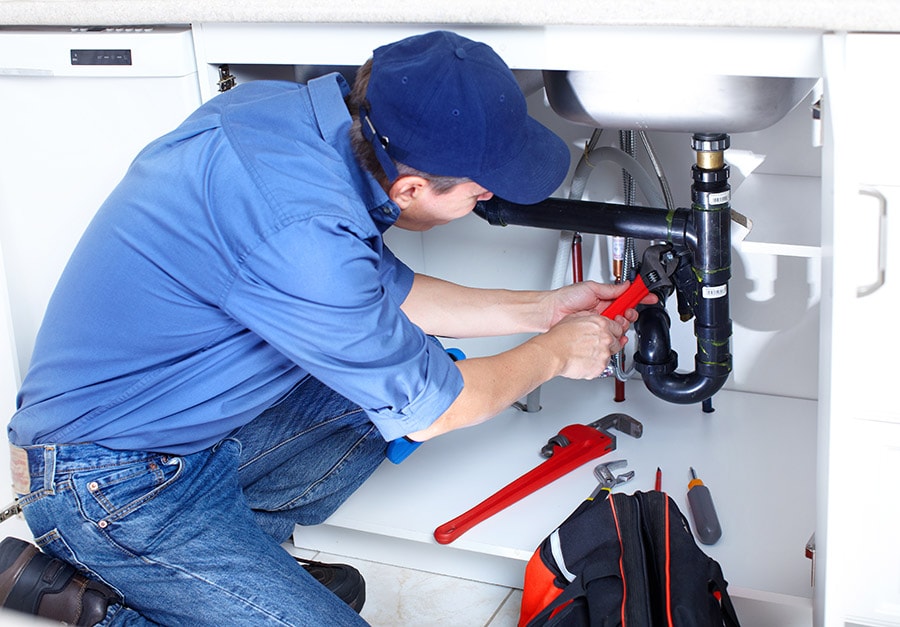When it comes to ensuring a cozy home, plumbing problems can often be a root of stress for residents. Be it a leaky faucet, a hard-to-remove clog, or or a burst pipe, understanding how to handle these common challenges can help you save hours, funds, and a great deal of stress. In this article, we will examine the most common queries about plumbing, providing professional responses to help you manage the difficulties that can come up in your home.
Starting with understanding when to call a specialist to learning steps to take to avoid problems that can maintain your plumbing system operating efficiently, we’ve got you covered. We’ll give key advice on topics like getting your plumbing ready for winter, the positive aspects of engaging a qualified plumber, and also details on the latest plumbing technology. Come along as we simplify plumbing issues and empower you with the understanding to tackle them confidently.
Common Plumbing Issues
One of the most common plumbing problems homeowners encounter is leaky faucets. A steady drip can be irritating, not to mention costly over time as water bills accumulate. The cause is commonly a defective washer or O-ring, which is an easy fix for a lot of DIY enthusiasts. Simply shutting off the water supply, taking apart the faucet, and putting in the faulty parts can restore proper function.

Another typical problem is blocked pipes. Kitchen sinks, bathroom sinks, and shower drains are particularly susceptible to obstructions due to grease, hair, and soap buildup. Regular maintenance, such as utilizing drain strainers and avoiding placing grease down the sink, can help prevent these clogs. When issues happen, employing a plunger or a mixture of baking soda and vinegar can often unblock minor blockages without the need for aggressive chemicals.
In conclusion, homeowners often deal with running toilets, which can consume a significant amount of water. This issue typically stems from a faulty flapper valve or a malfunctioning fill valve. To resolve this, begin by examining the chain and flapper for right alignment and fixing any damaged components. This simple fix can lead to a more economical toilet and lower unnecessary water consumption.
Urgent Plumbing Tips
When confronted with a pipe emergency, the initial step is to know how to shut off your supply of water. Locate the main water turn-off valve in your home and ensure all family members are informed of its position. This can help you quickly stop the rush of water in case of a broken pipe or major leak, minimizing damage to your home. Get to know with the different shut-off valves for appliances like the water heater, dish washing machine, and washing machine, as these can also assist control specific leaks.
In furthermore to understanding how to turn off the water, it's important to have a fundamental emergency toolkit. Necessities include a wrench, pliers, a bucket, and rags to manage small leaks or clogs. Having a plunger on hand can be especially useful for unblocking clogged toilets. Even if you feel sure in your DIY skills, don't wait to contact a licensed plumber for major issues or if you’re uncertain about how to proceed. Quick response can prevent worsening problems down the line.
Recognizing potential indicators of plumbing crises can save you time and money. Watch for unexpected increases in your utility bill, damp spots on walls or ceilings, or the sound of flowing water when no faucets are in use. Recognizing these signs early allows for swift intervention before issues worsen. If you’re experiencing low water pressure or have noticed your fixtures are functioning unusually, it’s best to reach out a professional to assess the situation quickly.
Plumbing Care & Upgrades
Maintaining your plumbing system is essential for guaranteeing its longevity and efficiency. Regular checks can help identify potential problems before they escalate into costly repairs. Basic tasks like inspecting pipes for leaks, cleaning faucet aerators, and checking the strainers in sink drains can go a long way. plumbers wexford should also think about arranging expert inspections at least once a year to detect problems that might not be visible during a brief glance.
Upgrading your plumbing fixtures can enhance your home's usability and appearance. Swapping out old faucets and showerheads with modern, water-efficient models not only conserves water but can also significantly reduce utility bills. If you're contemplating remodeling, this is the ideal opportunity to choose fixtures that showcase your style while improving water flow and pressure throughout your home.
Seasonal maintenance is equally important to prevent plumbing issues that occur from weather changes. During winter, insulating vulnerable pipes can prevent freezing, while a thorough spring inspection can help identify any wear and tear from winter. Taking initiative with plumbing upgrades and maintenance ensures a functional system all year round, giving homeowners reassurance and reducing the chances of urgent repairs.
